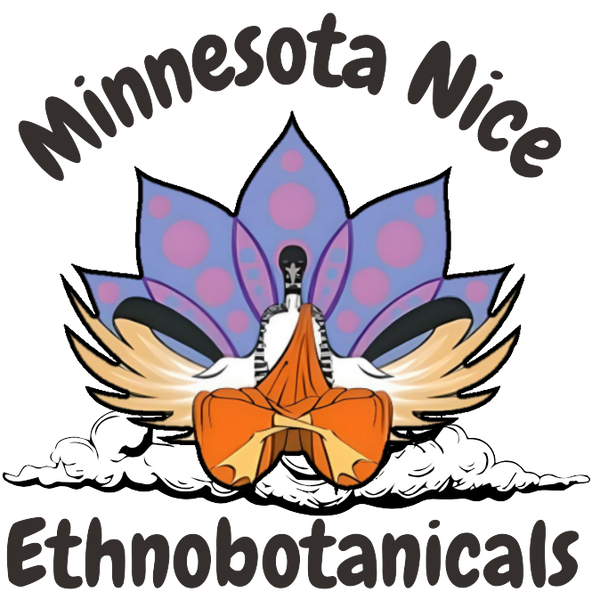Wild Dagga: A Potential Cannabis Alternative
In recent years, the search for natural alternatives to cannabis has led to renewed interest in ethnobotanicals like Wild Dagga (Leonotis leonurus), also known as "Lion's Tail." Often dubbed the "African Cannabis," this plant has intriguing properties that might make it a viable substitute for those seeking relaxation and mild euphoria without the psychoactive punch of THC. Here’s a deeper dive into the science behind Wild Dagga’s potential as a cannabis alternative:
1. Leonurine - The Calming Compound:
- GABA Receptor Interaction: Leonurine, the primary active compound in Wild Dagga, is known for its interaction with GABA receptors. GABA is critical in reducing neuronal excitability and promoting relaxation. This action is somewhat similar to the effects of CBD (Cannabidiol) found in cannabis, which is also known for its calming effects without the high associated with THC.
- Serotonergic Activity: Additionally, Leonurine interacts with serotonin receptors, particularly the 5-HT3A subtype. Serotonin plays a key role in mood regulation, and by modulating these receptors, Wild Dagga may help enhance mood and possibly reduce anxiety, much like some strains of cannabis.
2. Anti-inflammatory and Antidepressant Effects:
- Reduction of Inflammation: Wild Dagga has demonstrated potential anti-inflammatory properties, which can indirectly relieve stress and anxiety, akin to the anti-inflammatory effects of cannabis.
- Boosting Neurotransmitters: Research has shown that Leonurine can increase the levels of neurotransmitters such as dopamine, noradrenaline, and serotonin. These chemicals are essential for mood regulation and can provide antidepressant-like effects, offering a sense of well-being similar to the euphoric feeling some experience with cannabis.
Practical Applications
Wild Dagga's milder psychoactive effects, combined with its legal status in many regions, make it an attractive option for those interested in the therapeutic aspects of cannabis without the legal and psychoactive concerns. Whether used in teas, smoked, or as an extract, Wild Dagga offers a versatile and potentially beneficial alternative.
How to Use Wild Dagga
For those interested in trying Wild Dagga, it is available in various forms, including:
- Extracts: Concentrated forms provide a more potent experience and can be mixed into beverages.
- Tea: Steeping the flowers or leaves in hot water can offer a soothing experience.
- Smoking or Vaporizing: For quicker onset of effects, inhaling Wild Dagga can be an option.
It's crucial to start with small doses and gradually increase to find your personal sweet spot, especially since individual responses can vary.
Conclusion
While Wild Dagga may not fully replace cannabis for everyone, its unique properties make it a worthy candidate for those exploring natural alternatives. As with any supplement, it’s wise to consult with a healthcare provider before beginning any new regimen, especially if you are currently taking other medications.
As a special thank you for making it through this article we would like to offer you 15% off our Dagga products with the discount code DAGGA15.
Mush Love,
MN Nice Ethnobotanicals

